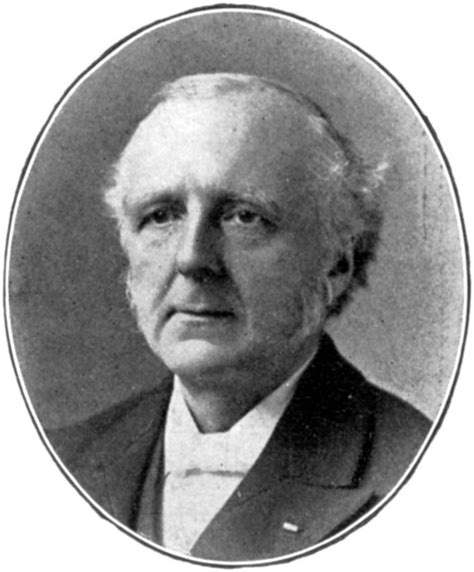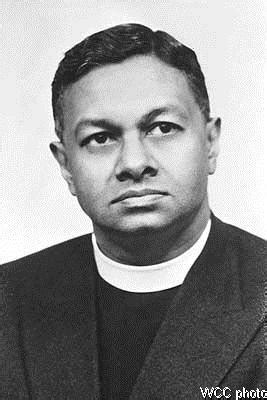A Quote by F.B. Meyer
Unbelief puts our circumstance between us and God, but faith puts God between us and our circumstances.
Quote Topics
Related Quotes
At times God puts us through the discipline of darkness to teach us to heed Him. Song birds are taught to sing in the dark, and we are put into the shadow of God's hand until we learn to hear Him...Watch where God puts you into darkness, and when you are there keep your mouth shut. Are you in the dark just now in your circumstances, or in your life with God? Then remain quiet...When you are in the dark, listen, and God will give you a very precious message for someone else when you get into the light.
There are two gods. The god our teachers teach us about, and the God who teaches us. The god about whom people usually talk, and the God who talks to us. The god we learn to fear, and the God who speaks to us of mercy. The god who is somewhere up on high, and the God who is here in our daily lives. The god who demands punishment, and the God who forgives us our trespasses. The god who threatens us with the torments of Hell, and the God who shows us the true path.
There are two gods. A god who casts us off because of our sins, and a God who calls to us with His love.
The celebration of Lent, in the context of the Year of Faith, offers us a valuable opportunity to meditate on the relationship between faith and charity: between believing in God - the God of Jesus Christ - and love, which is the fruit of the Holy Spirit and which guides us on the path of devotion to God and others.
Do we not see God at work in our circumstances? Dark times are allowed and come to us through the sovreignty of God. Are we prepared to let God do what He wants with us? Are we prepared to be separated from the outward, evident blessings of God? Until Jesus Christ is truly our Lord, we each have goals of our own which we serve. Our faith is real, but it is not yet permanent. And God is never in a hurry. If we are willing to wait, we will see God pointing out that we have been interested only in his blessings, instead of God Himself.
None of us like the concept of law because none of us like the restraints it puts on us. But when we understand that God has given us his law to aid us in guarding our souls, we see that the law is for our fulfillment, not for our limitation. The law reminds us that some things, some experiences, some relationships are sacred. When everything has been profaned, it is not just my freedom that has been lost- the loss is everyone's. God gave us the law to remind us of the sacredness of life, and our created legal systems only serve to remind us of the profane judgments we make.
The chief difficulty is that God demands of us that we live by faith: faith in God, God's sovereignty over the future, God's sufficiency for the present; while, on the other hand, the various other gods whom we can serve appeal to us in terms of the things which we can see and the forces which we can calculate. The choice between the life of faith and the life of sight is a choice between a God whom only faith can apprehend and gods whom one has only to see to understand.
The Bible is full of God's promises to provide for us spiritually and materially, to never forsake us, to give us peace in times of difficult circumstances, to cause all circumstances to work together for our good, and finally to bring us safely home to glory. Not one of those promises is dependent upon our performance. They are all dependent on the grace of God given to us through Jesus Christ.
God never gives up on us no matter how hard we try to get ourselves loose. God does not let go. That doesn't mean he controls everything we do. It doesn't mean he puts a bridle on us and leads us by the nose. He gives each one of us free will and common sense and a spirit that can communicate with his. When we go through afflictions, he allows us to choose our response. But no matter what our response may be, he sticks around to the bitter end.
































